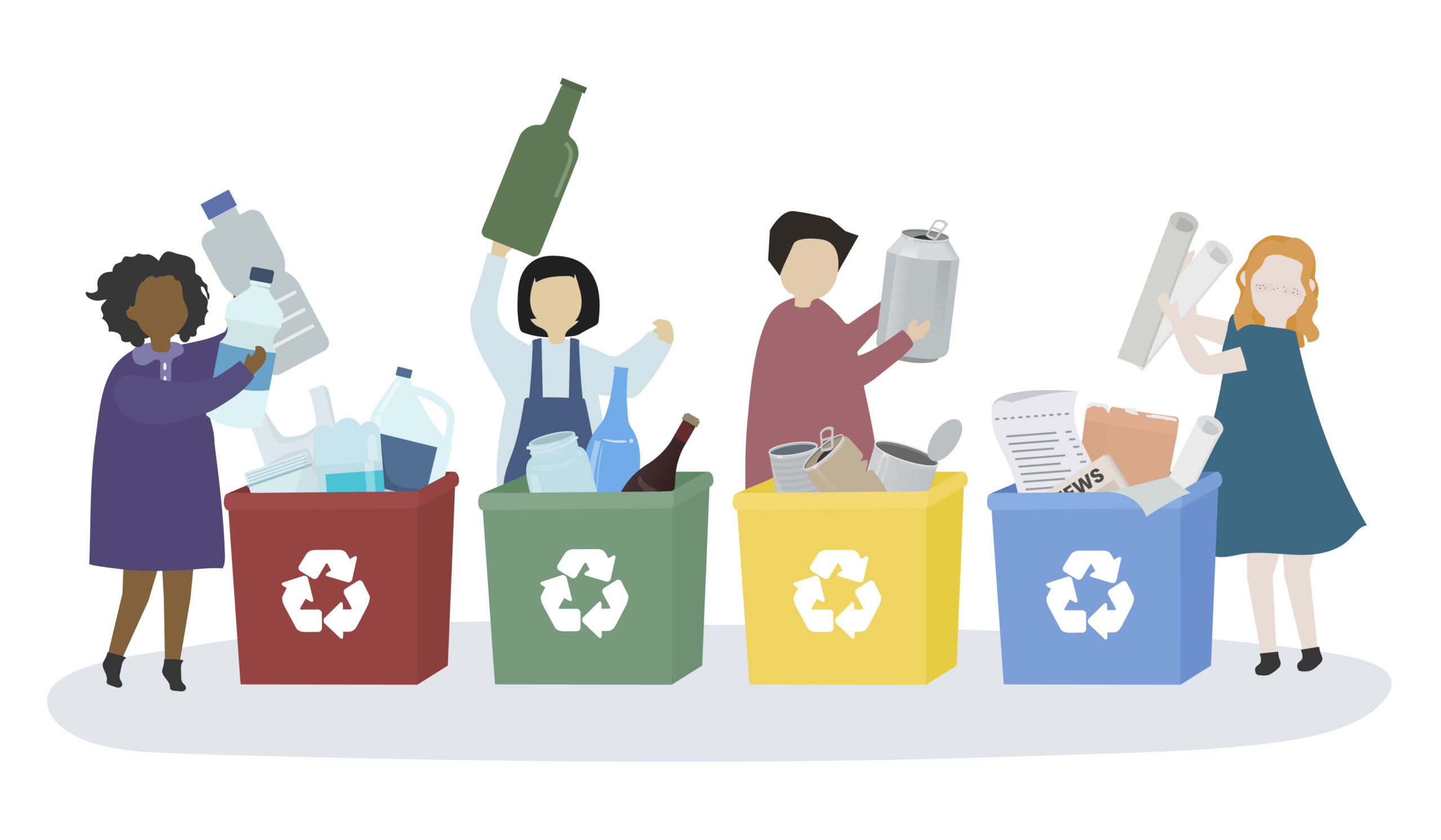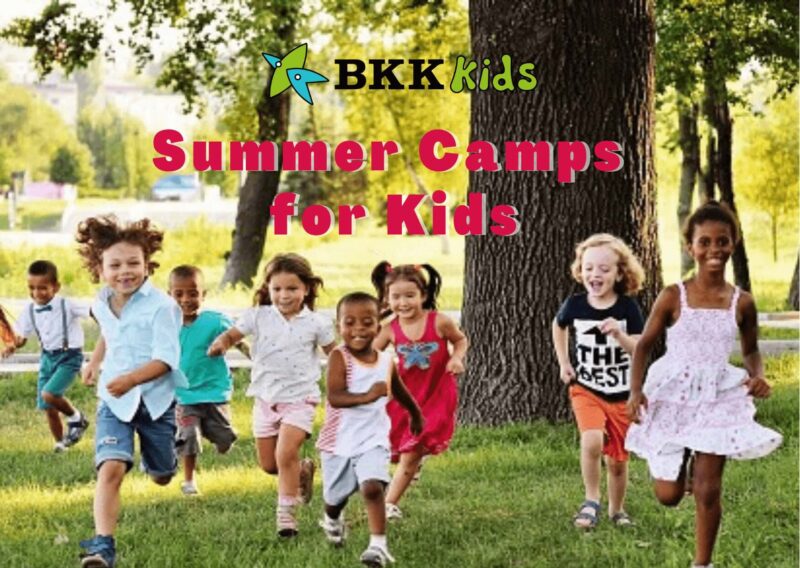The art of recycling is a crucial practice that we should teach our children. The earlier they learn how to get rid of unwanted stuff in an economical and friendly manner, the better it will be for their future. You can encourage the recycling mind-set until it becomes a hobby as well as a practice to your kids. Here’s how.
1. Understand the Need for Recycling
It is necessary that your kids learn the need of developing a culture of recycling. The knowledge of the need to reclaim waste products will create in your children the need to make use of such products. Point out the preservation of the environment and monetary savings as some of the reasons.
2. Use Compartmentalised Bins
It is good to have bins around the house for specific waste products. This will help your children to separate aluminium cans from other materials such as papers and clothing. It will be equally good to separate ferrous and non-ferrous metals to aid in the recycling process. Label the bins properly. Using different colours will make it even easier and fun for your kids.
3. See the Stuff Off
And where does the stuff you’ve sorted go? There are local organizations that now accept recyclable materials, including:
- Won (“circular” in Thai) takes clean plastic bags and plastic films and recycles them into new bags. For every kilo collected, Won donates 5 baht to an environmental foundation. You can drop off or send your plastic bags to them by post: “Won Project”, TPBI Public Company Limited, 42/174, Moo 5, Raikhing, Sampran, Nakornpathom 73210.
- Precious Plastics accepts donations of clean plastic bottle caps, which are turned into decorative products like planters, cups and bowls. You can drop the caps off at 20 locations around Bangkok or send them by post to: Dominic Chakrabongse (Precious Plastic Bangkok), Chakrabongse Villas, 396/1 Tatien, Maharaj Road, Phraborommaharajawang, Phanakorn, Bangkok 10200.
- Aluminum can tabs can be donated and made into prosthetic limbs. Drop off or send your tabs by post to: Pollution Control Dept., 92 Soi Paholyothin 7, Paholyothin Road, Phayathai, Bangkok 10400.
Of course, there’s always your local neighbourhood recycling person too, who will come around in a modified motorised bike to purchase newspapers, glass and some types of plastic bottles.
4. Reward Kids’ Efforts
People, irrespective of their age group, always like recognition. It is essential, especially after an outstanding effort. When children have done their best in recycling waste products and materials, do not ignore their effort. Have a fair reward system for good work and stick to it. You may ask your kids to create one. Meanwhile, ensure that the spirit of healthy competition is maintained since the objective is to make use of waste materials, not create sibling rivalry.
5. Point out Object Lessons
Object lessons work well with many people. This has to do with a real-life example of recycled products. Let kids realise that their writing papers are products of old papers. Let them know that the family car is a product of reused old metal. This will help them to prospectively rate their efforts and be motivated in the long run.
6. Join Related Events and Activities
As a way of encouragement and showing how important recycling is to our communities, join relevant events like those from Sang Foundation, Trash Hero, Eco Beast, Grin Green and others. When ideas are put into action, children will learn to be serious and passionate about recycling, reducing plastic use and pollution, and just being more eco-conscious on the whole. There are also classes you can attend like Bangkok Soap Opera‘s workshops on how to turn used cooking oil into soap.
7. Start a Recycling Club
Start a club aimed at training little kids on how to get rid of unwanted stuff, like a swap meet. Let kids be the pioneers and then involve their friends to be members. As long as the club remains vibrant, your children will always be a notch higher because of the group motivation and from the sense of ownership as the pioneers of the club. Through the club, your children will have the joy of working with others and participate in joint activities.
8. Play Recycling Games
There are many games that focus on teaching children about recycling. All games are supposed to be fun, and in this respect, it will equally be a learning tool. Carefully choose games that will focus on recycling ideas for kids. Some of these games can be found online or just from your creativity. Overall, let your kids have fun by being part of these games.
9. Set an Example
Most kids think an activity is serious and important when they see their parents actively involved. Therefore, as a parent set a reasonable standard, knowing very well that kids learn from what they see you do, more than from what you tell them to do.
As a parent, you have a major role to play to make your child enjoy the art of reclaiming and recycling waste materials. This work needs keen guidance and a great example from your side. If done well, it will preserve our environment from pollution even as we remain economical in spending. Parents, therefore, should ensure that it is as much fun and enjoyable as possible while remembering that fun is the means and not the end.
About the Author: Riya is an inspired writer passionate about traveling and lifestyle, and encouraging small businesses. As a freelancer, she understands the importance of productivity at work. Connect with Riya via twitter, @sanderriya.
Register your email address here and we’ll notify you when new articles get uploaded.














